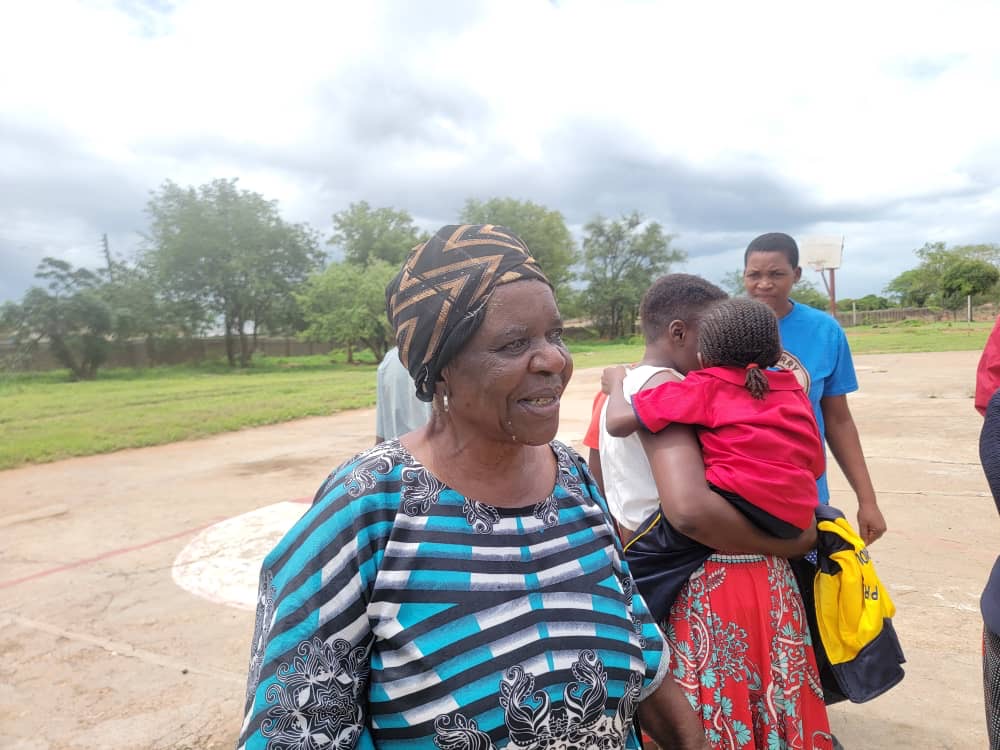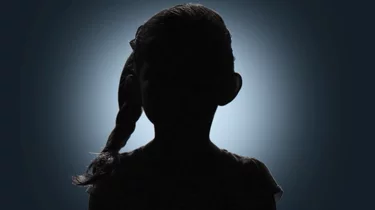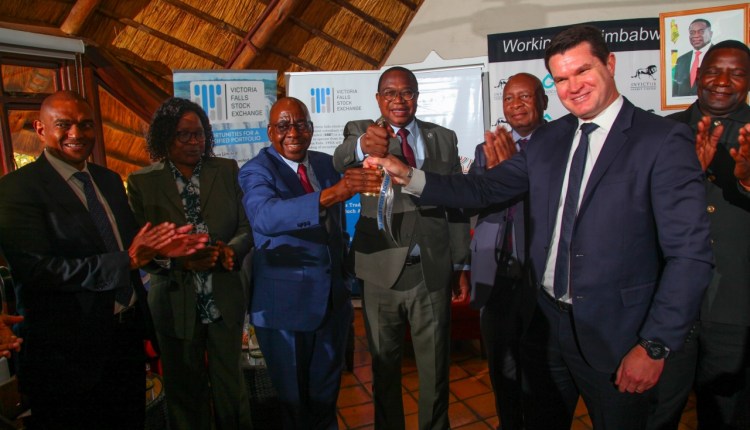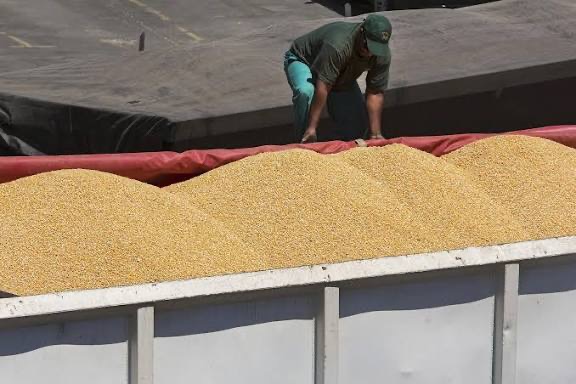By Wilma Mavhengere
Chiredzi, Masvingo – Women and children in Chiredzi, a town hit hard by El Niño, have faced multiple challenges, including malnutrition, limited access to healthcare, and the impact of economic hardships that often fuel domestic violence.
Amidst these challenges, the Care Groups initiative has emerged as a game-changer, offering innovative solutions and fostering significant social impact at the community level.
This community-based program, launched through a partnership between the Ministry of Public Service, Unicef, and the Swedish International Development Agency (SIDA), is addressing these challenges head-on.
It helps prevent child malnutrition by educating mothers and caregivers on providing nutritious diets.
Additionally, Care Groups equip foster parents with skills to identify and respond to child protection risks, including abuse.
For many families in Chiredzi, these programs are nothing short of life-saving.
Saliwe Mhlanga, a struggling widow with two minor children, shared that the support from Community Care Workers (CCW) in Chiredzi, through the Social Welfare program, helped her secure school fees for her children through BEAM.
“My husband passed away, leaving me to care for our two children, aged 12 and 8. I was struggling to make ends meet until community care workers identified me as a candidate for support.
“They enrolled my children in the BEAM program, and it’s been a game-changer.
“My kids are now thriving and learning in a peaceful environment, thanks to this initiative,” said Mhlanga.
Maruvinda Mhate, another beneficiary, expressed gratitude for the health benefits her child received through the program.
“My daughter had been ill since primary school, but thanks to this program, she received the medical treatment she needed.
“She was enrolled in BEAM and passed all her subjects.
“I’m so grateful for this initiative. Despite the stigma she faced due to her health condition, this program has truly transformed our lives,” said Mhate.
The program also provides support in cases of child abuse.
A local grandmother only identified as Gogo Muponda for ethical reasons said when her 8-year-old granddaughter was raped Unicef came to her aid with medical assistance.
“I received invaluable support from Unicef when my 8-year-old granddaughter was raped” Gogo Muponda said.
“Unicef helped me get her the medical attention she needed at the hospital and provided us with counseling services. I’m deeply grateful for their assistance during such a difficult time.”she further said
CCW in Chiredzi applauded Unicef for empowering them with the knowledge to identify vulnerable children in their community.
“Unicef equips us with the skills to recognize children who are suffering, out of school, or living in child-headed families.
When we spot an issue, we document it and work with Social Welfare to ensure these children receive the targeted support they need,” said Magret Chingoro, a CCW.
John Sivanda, another CCW and foster parent emphasized the responsibility to support vulnerable children.
“It’s our responsibility as community care workers to ensure these young ones receive adequate food and clothing,” he said.
“Sadly, some children are left to care for themselves and their families, and it’s our duty to provide them with the necessary support.
Through the combined efforts of the Ministry of Public Service, UNICEF, SIDA, and local community care workers, the Care Groups initiative is making a lasting difference in Chiredzi.
By addressing immediate needs such as nutrition, healthcare, and child protection, this program is not only alleviating the hardships caused by El Niño but also fostering resilience and hope for the future.
With continued collaboration and commitment, these efforts hold the promise of a brighter, safer tomorrow for Zimbabwe’s most vulnerable families.




